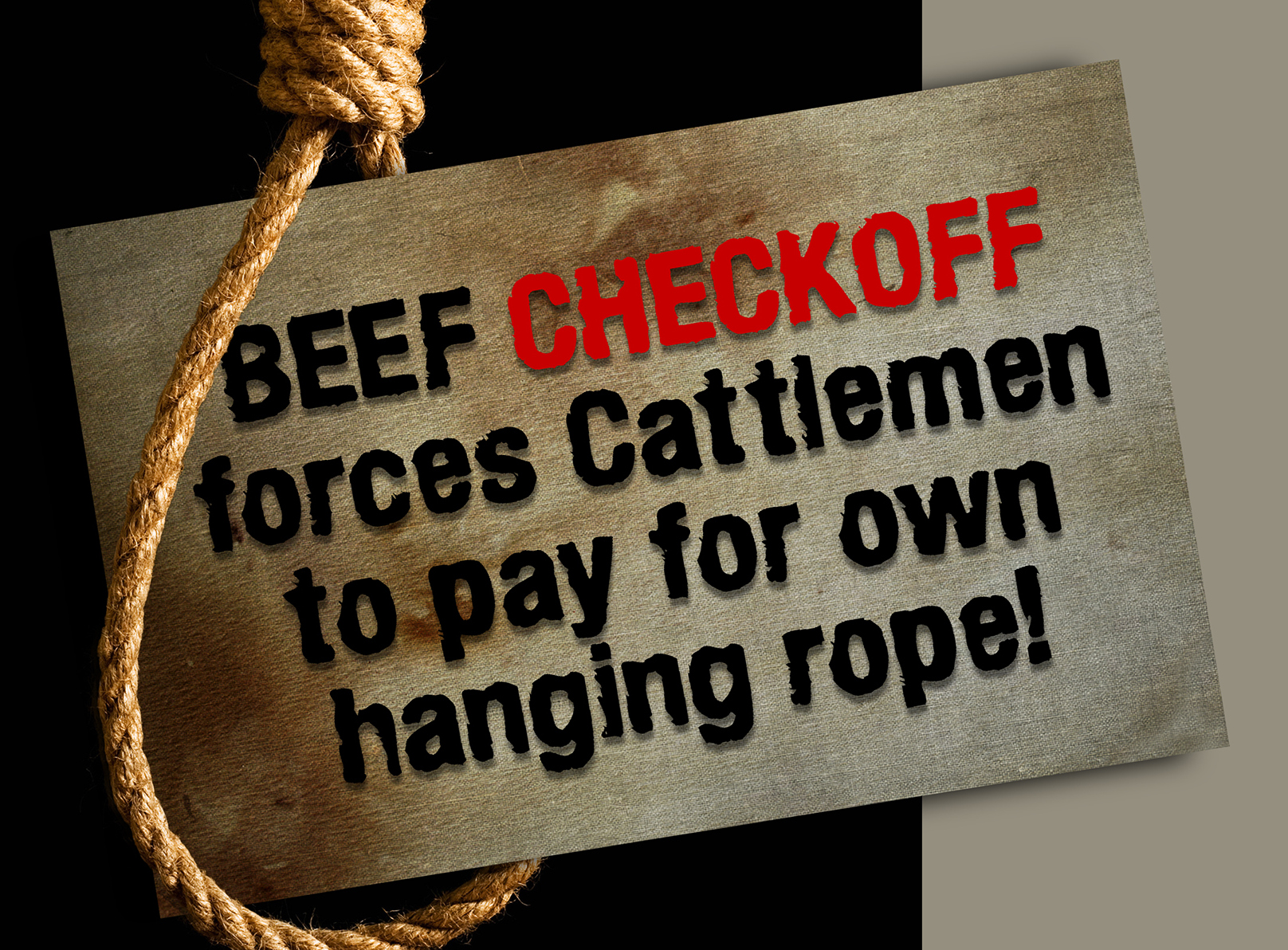
January 31, 2000
Long held elitist philosophy finally exposed at National Cattlemen’s Beef Association convention
By Mike Callicrate
Cattlemen attendees at the National Cattlemen’s Beef Association (NCBA) convention were aghast at hearing the statement of Jon Ferguson, newly elected chairman of the Beef Checkoff division of NCBA.
In effect, Ferguson told his audience that NCBA leadership had all the brains when it came to the betterment of the beef industry and that grassroots producers didn’t know what was good for them—implying that NCBA leaders did.
“The large group of grassroots producers we are always hearing about are not informed enough or knowledgeable enough to understand these issues.”
Ferguson had no compunction in stating to members that, “It is important the decisions of the cattle industry be made by this group of educated people [NCBA Executive Committee] that are knowledgeable about the issues facing our industry. The large group of grassroots producers we are always hearing about are not informed enough or knowledgeable enough to understand these issues.”
So that there was no misunderstanding on this point, Ferguson’s statement was recorded by several cattlemen in attendance at the NCBA Executive Committee meeting, January 26, 2000.
Ferguson is a Kansas Livestock Association (KLA) past president and current NCBA Executive board member. Like those at the top in the NCBA, Ferguson and the KLA in his own state of Kansas are currently seeing a grassroots revolt to this top-down control style of leadership.
“We are simply not going to follow KLA’s or NCBA’s leadership into a corporate-controlled, industrialized-factory model for the beef industry.”
Ivan Riemer, Meade, Kansas cattle feeder, and a board member of the newly formed Kansas Cattlemen’s Association (KCA), stated, “We are simply not going to follow KLA’s or NCBA’s leadership into a corporate-controlled, industrialized-factory model for the beef industry. Like the top-down corporate control of the poultry industry, KLA’s constant defense of the big packers’ interests simply leads to chicken farmer-sharecropper status for cattle producers.
“KCA represents what is good for grassroots producers and consumers. We will aggressively fight the destructive and non-sustainable big corporate control of the cattle and beef industry.”
In other convention business, grassroots heated debate over the Blue Ribbon Commission recommendations ended in a deadlock and will be continued later.
“We now have an organization no one wants and we are looking for a place to discard the remains.”
One Montana cattle producer said, “After today’s fight we have killed, mutilated and divided the baby [NCBA]. On one side we have the big packer and big feeder, and on the other side we have the cattle producer. We now have an organization no one wants and we are looking for a place to discard the remains.”
“Once you have given away your power, it’s very difficult to get it back,” stated an Oregon cattleman in referring to the merger which gave NCBA control of the $80 million per year Beef Checkoff and the big meatpackers voting power on the NCBA board.
IBP head buyer and NCBA board member, Bruce Bass, as has become standard practice, once again dominated the NCBA Live Cattle Marketing Committee meeting. Bass congratulated the mostly big feeder-packer aligned committee for “being positive” in passing a resolution directing the NCBA to oppose legislation banning packer ownership of livestock. THIS resolution was later passed into policy and will oppose current efforts in Congress to help independent producers.
“We are afraid. We are intimidated. We have to sell our cattle to one of the big packers every week and we can’t afford to be blackballed.”
Evaluating the entire cattle situation, under agreement of anonymity, an independent Texas cattle feeder when asked why more feeders don’t stand up to the packer control of their markets said, “We are afraid. We are intimidated. We have to sell our cattle to one of the big packers every week and we can’t afford to be blackballed. Many of us have already given in to packer pressure and are now under contract.
“Some of us have discretely complained about illegal anti-competitive packer practices to the USDA’s Packers and Stockyards agency. However, even if we win, there is no provision in the Packers and Stockyards Act for a feeder to recover damages and we still have to do business with the packer. If something isn’t done now to stop the abuse of cattle producers, there won’t be an independent feeder left in the Texas panhandle within three years.”
The low point of the convention according to a New Mexico rancher came when U.S. Premium beef and their partner and big packer, Farmland, received the Vision Award for “best beef innovator of the year.” “U.S. Premium Beef continues to be lauded by NCBA, when in fact, U.S. Premium Beef has done nothing more than provide Farmland with price depressing captive supplies.
“U.S. Premium Beef and Farmland boast of an insulting $13.87 per head return to their owner-members. According to USDA, we have lost over $300 per head of our share of the consumer beef dollar.
“We will continue to lose as long as the NCBA ignores the abusive market power of the big packers, including Farmland. Packers and retailers are reporting record profits on beef, we are going broke and NCBA says we should be happy.
“I wasn’t sure how I wanted to vote in the upcoming referendum on the NCBA controlled Beef Checkoff. Now I think I know.”
——————–
October 16, 2020 – We have now lost nearly half our ranchers and over 84,000 feeding operations that once supported a competitive market for cow-calf producers. Let’s finally end this NCBA/Checkoff menace and rebuild our cattle industry. Go to: Cattle Industry Launches Petition Calling for Beef Checkoff Referendum


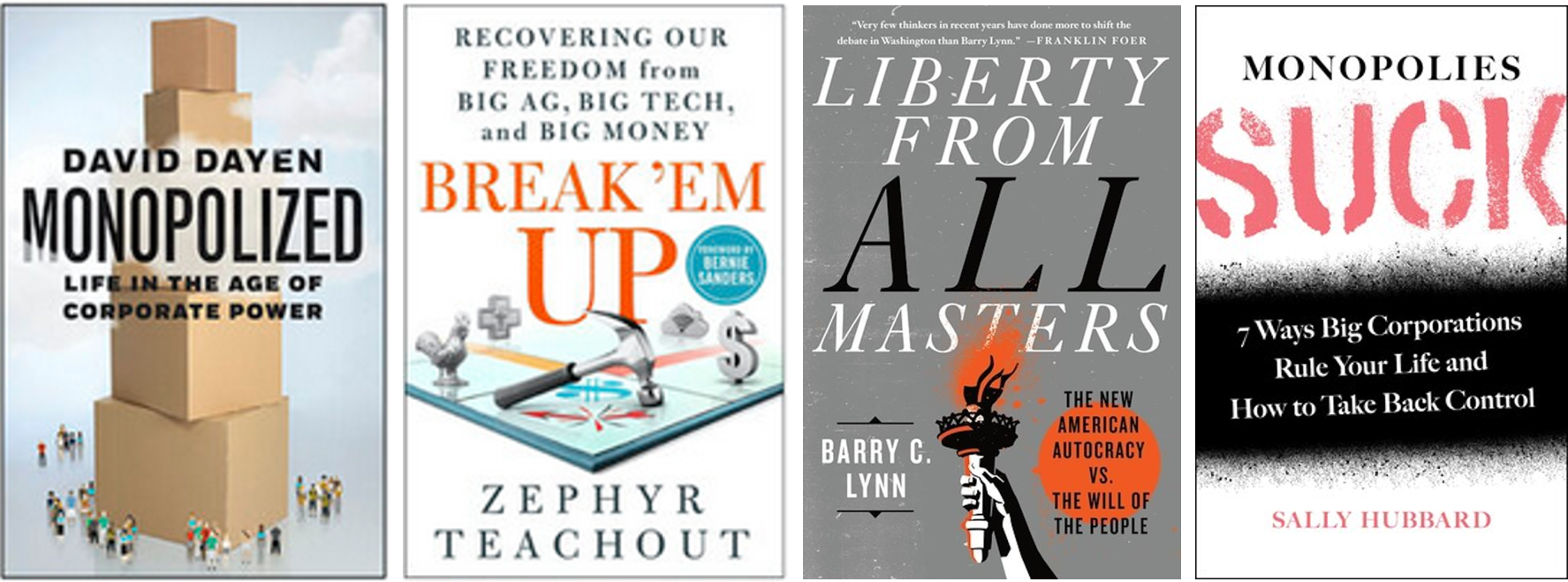
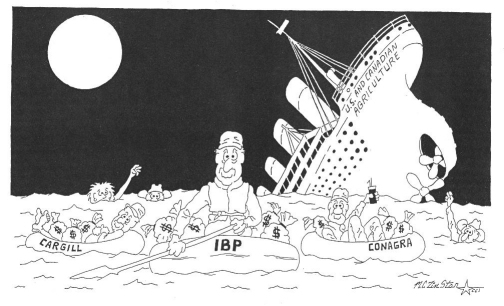
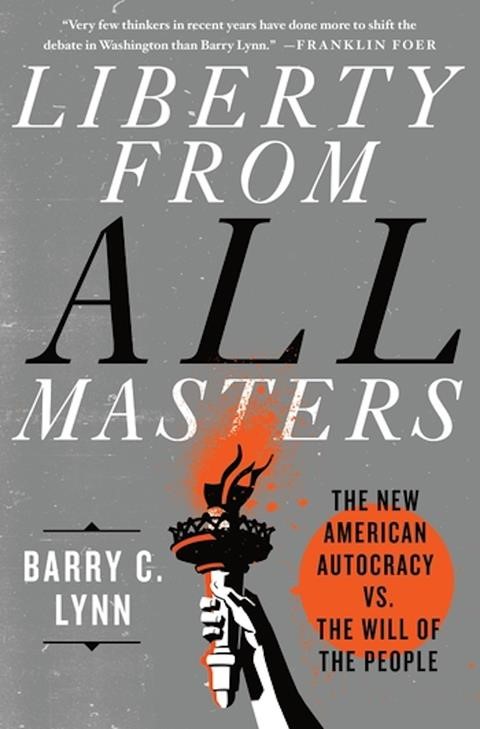
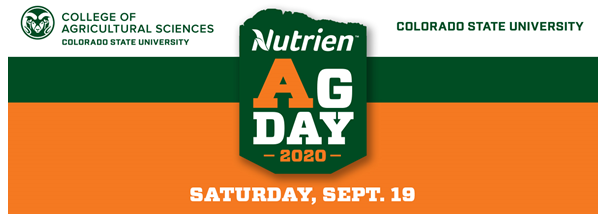
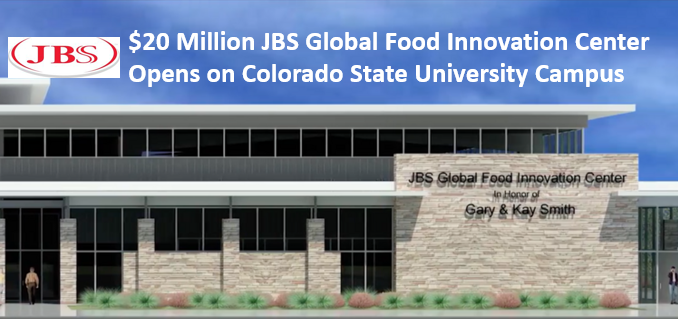 Colorado based, Brazilian owned, JBS, is the largest meatpacker in the world. JBS is considered the leader of the global meatpacking monopoly with multiple
Colorado based, Brazilian owned, JBS, is the largest meatpacker in the world. JBS is considered the leader of the global meatpacking monopoly with multiple 










